Caregiver Support How Do I Support the Primary Caregiver?
Learn how to manage stress and provide the best possible care for your loved one with dementia through non-medical home care services, creating a person-centered care profile and prioritizing self-care for the family caregiver.

Scott writes,
My mother is the primary caregiver for my father. It never ceases to amaze me how much she does when I step in to relieve her from her caregiving duties. I give her a break from caring for my 86-year-old dad, and it still hurts me to see how a once brilliant mind has changed.
I know these changes affect my mother in ways unimaginable. She has been dealing with this for the past 10 years, and the changes have been dramatic.
How can I support my mom, the primary caregiver, and do more? I am also concerned about my mom's health. Can you give me some guidance?
Scott
How Family Caregiving Impacts Health
Dear Scott,
Caring for a loved one with dementia is incredibly challenging, as it involves witnessing the slow deterioration of their mind and personality. It’s understandably painful for family members.
The best thing you are doing for your mom is offering her caregiver support and respite. Giving her a break from caregiving duties is invaluable. Additionally, I recommend helping her develop a Person-Centered Profile to promote continuity of care.
From diagnosis to death, a person with dementia may live as long as 20 years. It’s crucial for family members to understand and learn as much as possible about the specific type of dementia they are dealing with.
There are many different types of dementia, each affecting different parts of the brain. The areas of the brain affected will result in varying behaviors. Once the type of dementia is identified, the next step is to understand the stages of dementia and how they impact caregiving needs.
I also recommend creating a Care Team Partner (CTP) group to support your mom. This group can help share the responsibilities and provide her with additional emotional and practical support.
If you would like more options or guidance, please don’t hesitate to reach out. I’m here to help you navigate this journey.
Warm Regards,
Diane Carbo RN
More Options to consider supporting a primary caregiver...
Options to Support the Family Caregiver
As a family caregiver, non medical home care can be a great support system for both you and your loved one. In home care services provide assistance with activities of daily living (ADLs) such as bathing, dressing, toileting, eating, transferring/ambulating and grooming. These services also offer companionship and supervision to help ensure the safety of your loved one while in their own home. Family caregivers can find comfort in knowing that there is qualified and dependable non-medical home care available to help ease their burden.
Non medical home care can be tailored to fit the individual needs of your loved one so they are receiving the best possible care. Furthermore, non medical home care can allow for more flexible scheduling than traditional home health care. With non medical home care, family caregivers can rest assured knowing their loved one is receiving the highest quality of care in a safe and secure environment.
It can be difficult to make the decision to pursue non medical home care for your loved one, but with the right support and resources it doesn’t have to be. Consider speaking with other family members or trusted caregivers about non-medical home care services and how they may benefit you and your loved one. Together, you can explore the different options that may be available to help ensure your family member receives the best possible care.
Reach out today to learn more about non medical home care services for your loved one! You don’t have to go through this journey alone. With non-medical home care, you can have the support and guidance you need to make sure your loved one is receiving the highest quality of care.
Learn to Manage Caregiver Stress
The next most important step in providing care for a person with dementia is to practice self-care.
Statistics show... that 50% of family caregivers caring for an individual with dementia predecease their loved one.
Care giver stress actually kills. Monitor your stress levels and take steps to alleviate that stress.
It is important to learn techniques to handle stress and take steps to make their own health a priority.
More articles you may like...
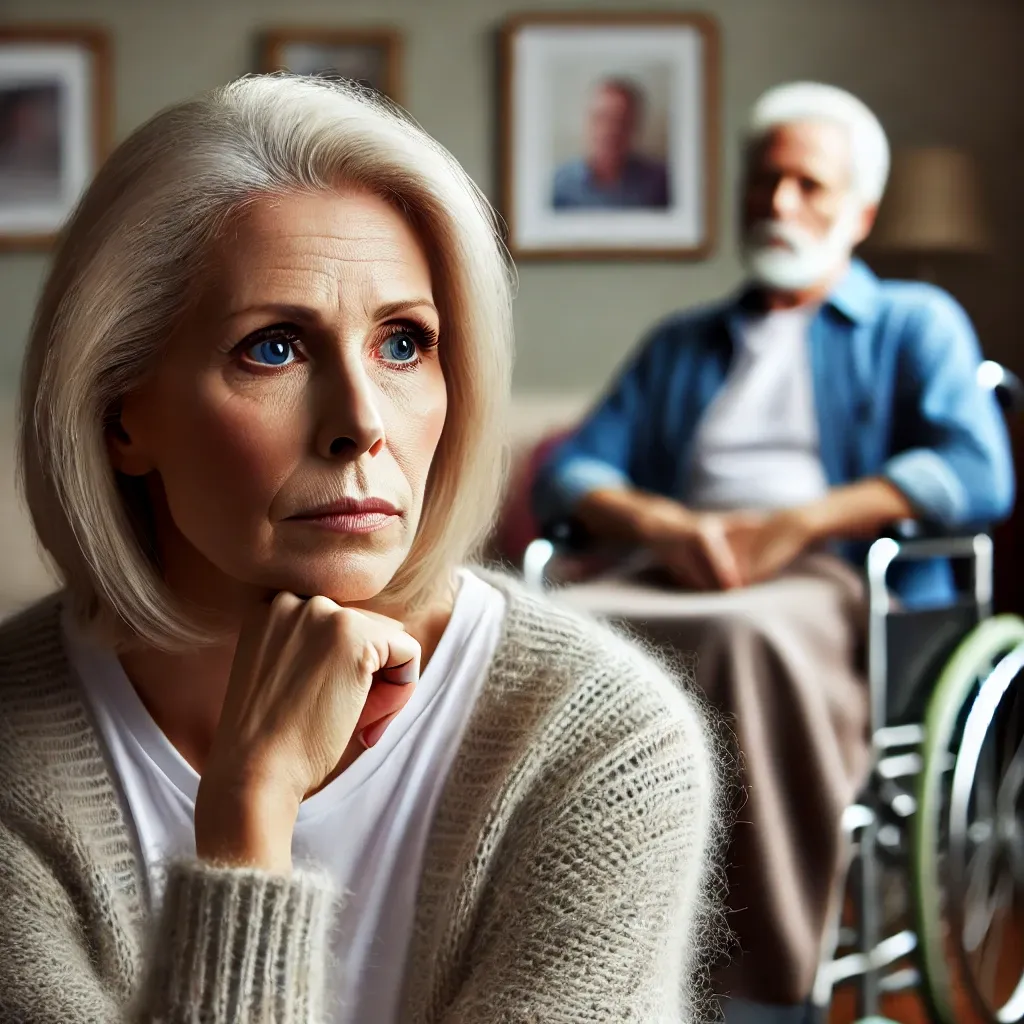
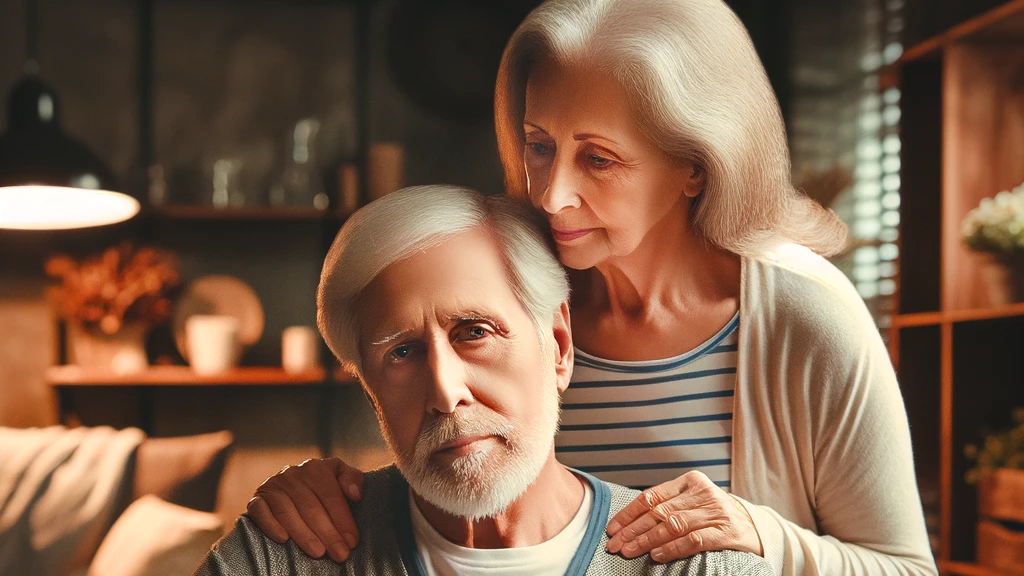
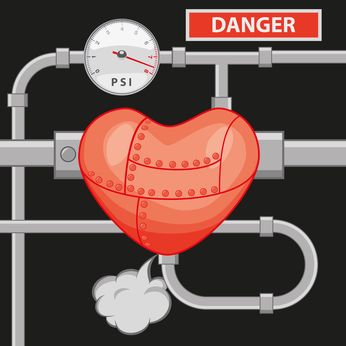
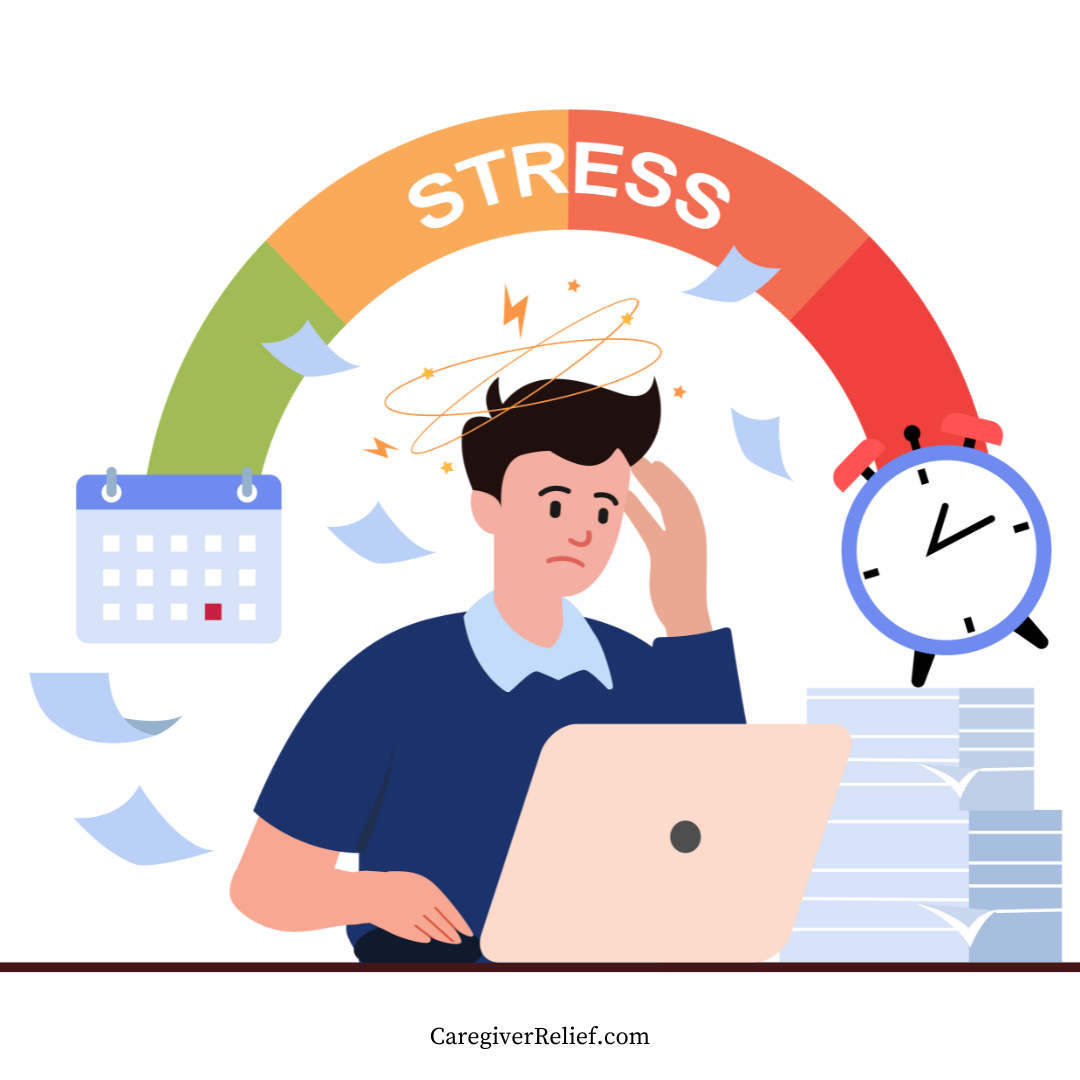
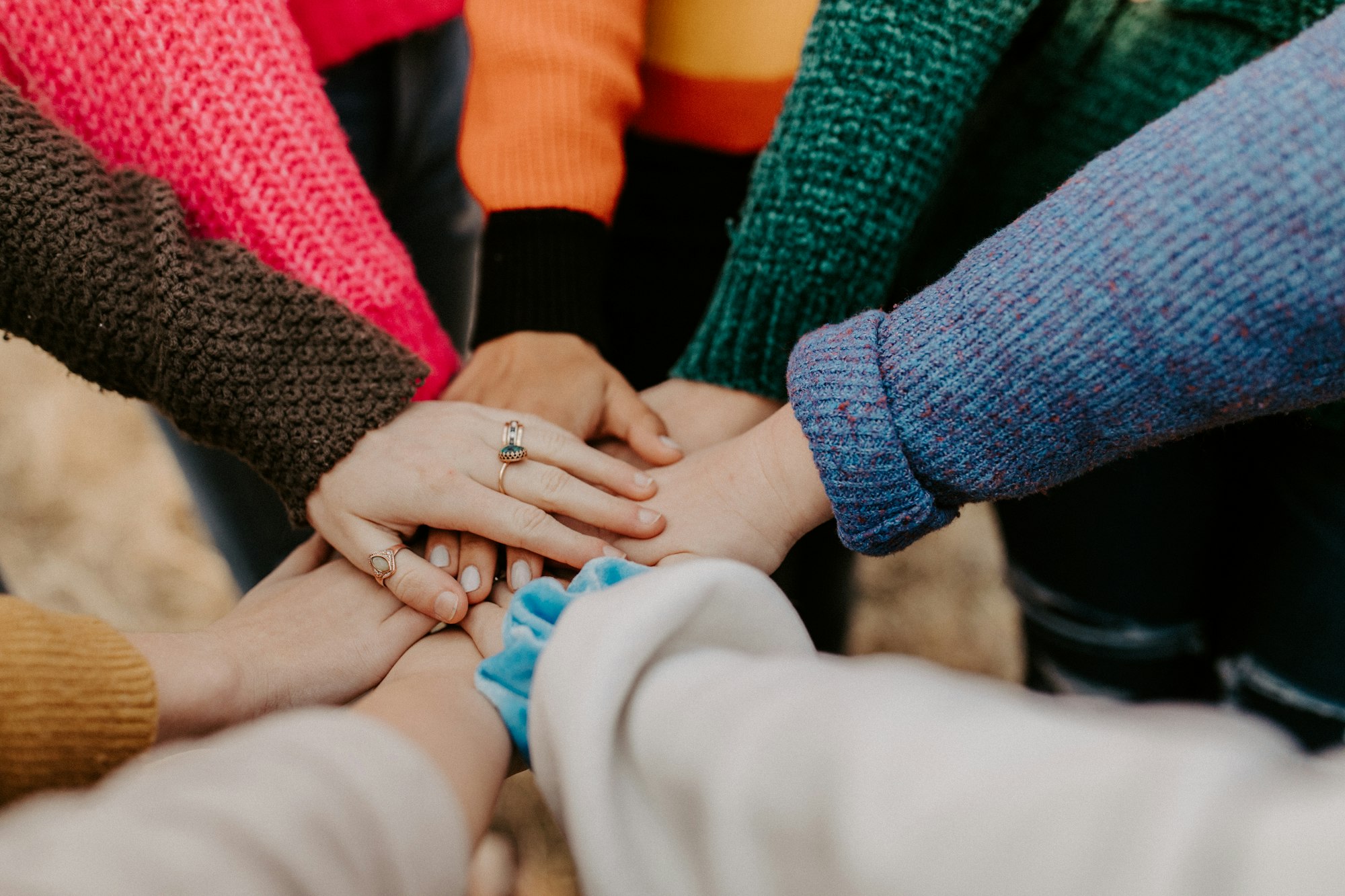
Our Resources section can help you find the information and tools that you need. We have courses, videos, checklists, guidebooks, cheat sheets, how-to guides and more.
You can get started by clicking on the link below. We know that taking care of a loved one is hard work, but with our help you can get the support that you need.
Click here to go to Resources Section now!








